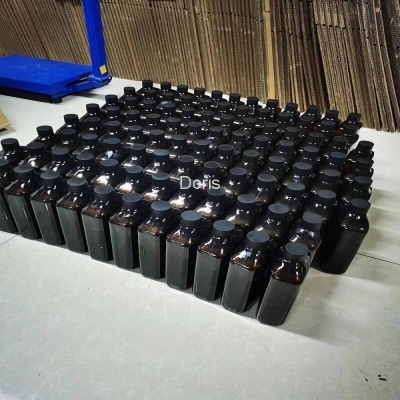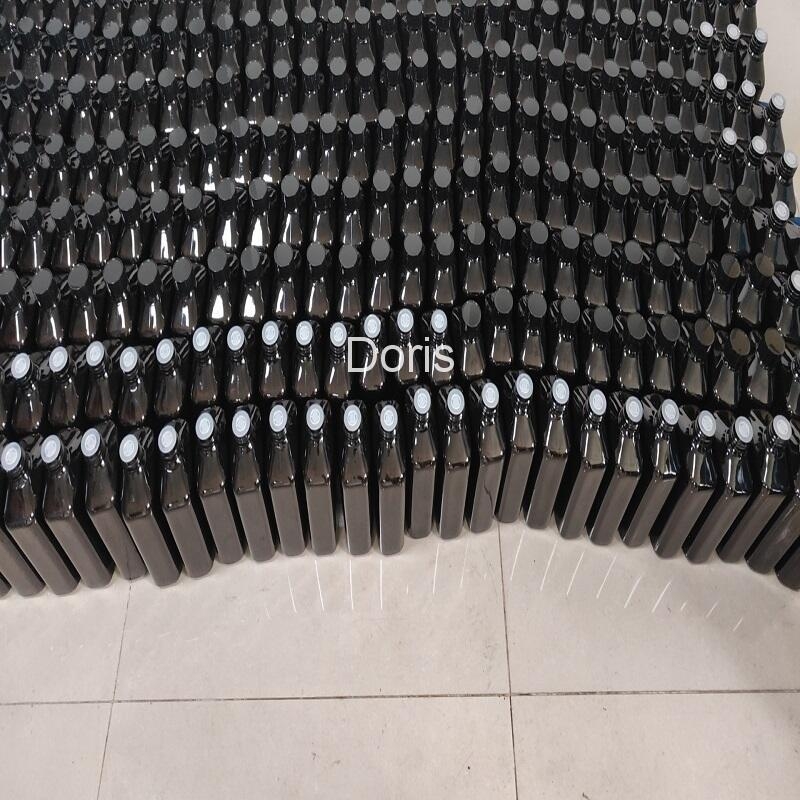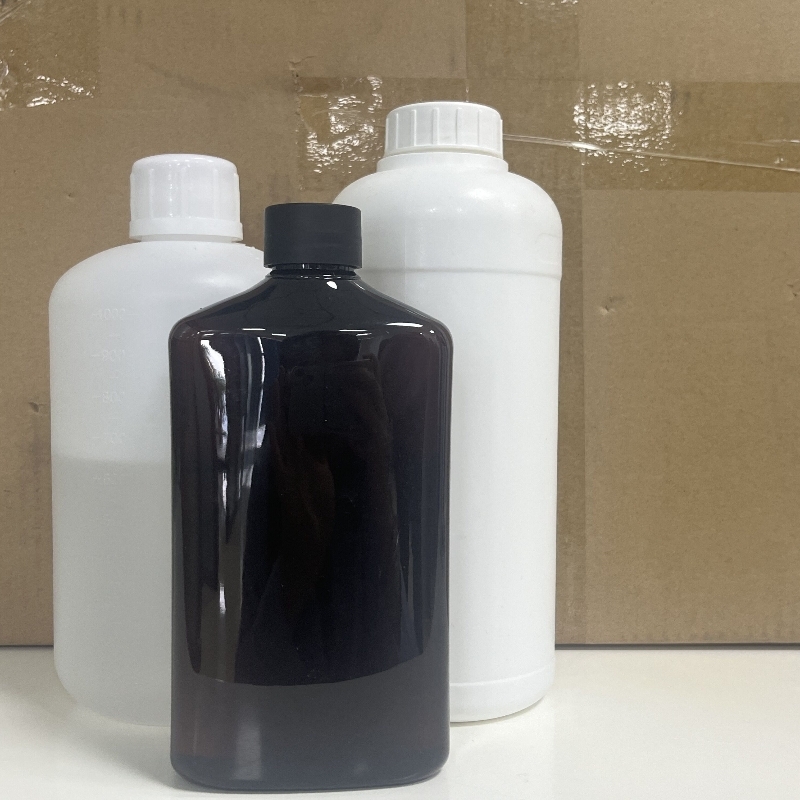Novartis' magic drug: reduces heart disease risk by 15% and lung cancer risk by 67%
-
Last Update: 2017-08-29
-
Source: Internet
-
Author: User
Search more information of high quality chemicals, good prices and reliable suppliers, visit
www.echemi.com
Source: e-medicine global 2017-08-29 recently, a "magic medicine" attracted wide attention of the scientific community The two leading medical journals, New England Journal of medicine and the lancet, respectively published their effects on reducing the risk of cardiovascular disease and lung cancer What is this "magic medicine"? "Magic medicine" originated from this drug called canakinumab, which is a humanized monoclonal antibody developed by Novartis It can neutralize interleukin-1 β, reduce inflammation, but does not affect cholesterol level It was approved last year to treat three rare autoimmune diseases ▲ drugs approved by the US FDA for the treatment of rare autoimmune inflammatory diseases (photo source: Gulf Daily News) "Shenyao" reduces the risk of cardiovascular events by 15% In this study, more than 10000 patients with heart attack and high-sensitivity C-reactive protein (hsCRP), an inflammatory factor, received standard treatment including statins In addition, they were randomly assigned to receive additional doses of canakinumab or placebo Four years later, patients on canakinumab had a 15% lower risk of heart attack or stroke than those on placebo; it also reduced the need for angioplasty or bypass surgery by about 30% "I can't believe it myself," said Dr Paul Ridker, lead author of the study and director of the center for cardiovascular disease prevention at bregen and women's Hospital (the Harvard Medical School Cooperative Teaching Hospital), "this result is better than we expected We now have clear evidence that without affecting cholesterol, we can reduce the risk of heart attack and stroke by reducing inflammation " About a quarter of people who have had a heart attack will experience it again, even if they strictly control their cholesterol levels For these people, cholesterol may not be the main cause of heart disease, but inflammation is the culprit So this study also further suggests that cardiologists should not only test patients' cholesterol levels, but also their inflammation levels, such as hsCRP levels, which can be measured by blood tests About half of those who have had a heart attack have higher levels of inflammatory factors and the other half have higher cholesterol levels, Dr Ridker said A blood test for hsCRP may help identify patients who are more susceptible to inflammation and suggest that they use canakinumab to prevent recurrence At the same time, the study also found that patients using canakinumab can reduce their risk of dying from cancer by 50%, especially 75% of lung cancer! In addition, canakinumab can also reduce the incidence rate of lung cancer, and the incidence rate decreases with the increase of dose There may not be a clear link between heart disease and cancer, but these patients with heart problems have smoked or are smoking, and smoking can cause lung inflammation and increase the risk of lung cancer Dr Ridker believes that the role of canakinumab may not be to directly prevent the occurrence of lung cancer, but to slow down the progress and invasion of lung cancer This is consistent with previous studies in animal models "The data on cancer is very early, but hopefully," said Dr Otis Bradley, chief medical officer of the American Cancer Society "We know that free oxygen radicals and inflammation can damage DNA and cause cancer So the result is reasonable " "This population-based study opens up a potential new anti-cancer therapy," said Dr Laurie glimacher, President and CEO of Dana Farber Cancer Institute in the United States "We look forward to working with Dr Ridker and his colleagues to develop and further evaluate the efficacy of this anti-inflammatory therapy for lung cancer."
This article is an English version of an article which is originally in the Chinese language on echemi.com and is provided for information purposes only.
This website makes no representation or warranty of any kind, either expressed or implied, as to the accuracy, completeness ownership or reliability of
the article or any translations thereof. If you have any concerns or complaints relating to the article, please send an email, providing a detailed
description of the concern or complaint, to
service@echemi.com. A staff member will contact you within 5 working days. Once verified, infringing content
will be removed immediately.







